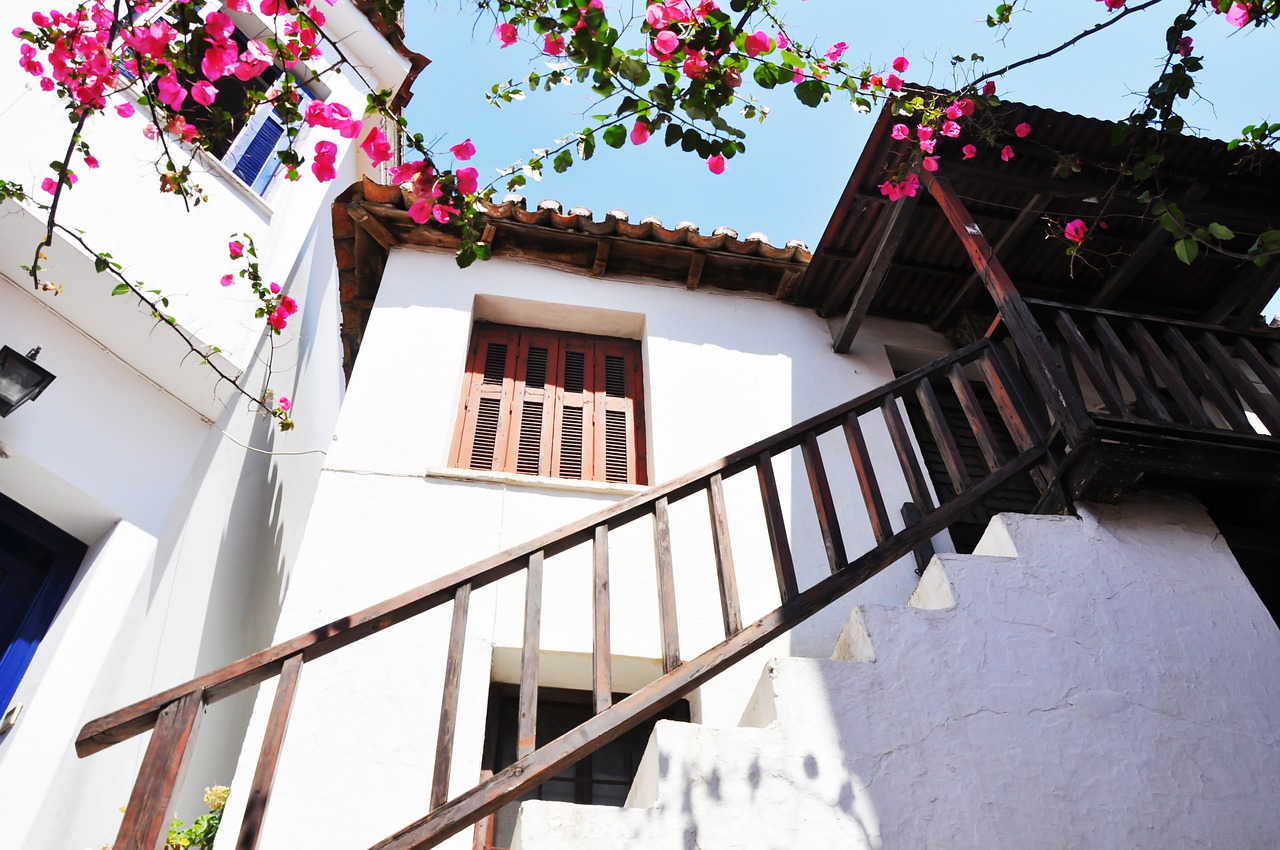Last Updated on: 22nd November 2023, 12:32 am
Purchasing a vacation property is not a small decision. It’ll hopefully be a second home that will stay with you for many years to come. While you may spend time there, it’s also possible that you might be open to renting it out when you’re not using it too. This could potentially turn it into an investment property.
Here are six things to consider before purchasing any vacation properties.
1. Eligibility to Buy
Never assume that you’ll be eligible to buy. It doesn’t just depend on having the available funds or access to a mortgage either.
When you’re thinking of purchasing some international real estate, what’s permitted for foreigners is regulated. Also, the type of property matters greatly because some types might be restricted for foreigners whereas others are not.
For example, this guide on HDB HLE properties in Singapore (that’s Housing & Development Board and Home Loan Eligibility for newbies) from PropertyGuru states at least one Singaporean must be partnered on the purchase. PropertyGuru can help you navigate foreign property purchases there, as well as in Malaysia.
Restrictions in other foreign countries are even tighter. For instance, Thailand limits ex-pats to condos (where 51% of the building must be Thai-owned), and access to houses or villas is limited to locals only. So, Singapore is relatively open to property purchases by foreign nationals, which is great news.
2. The Safety of the Area
Not all parts of a certain country will be safe. If the second home will be vacant much of the time, then how will this affect security concerns?
When considering purchasing a vacation property, how safe the place is from crime is more relevant. Paying more for property in a gated community, a building with security guards and CCTV monitoring, or in a better neighborhood is definitely worthwhile.
3. Matches What You Love
What do you love to do on vacation? This is a key question to ask.
If you are wild about beach time, then a beachfront property or one overlooking the beach like a skyrise apartment will be appropriate. Similarly, if you’re an outdoors person and love spending time in the woods, then a place with easy access to these kinds of places is ideal.
If you’re a foodie, then buying in a place with a vibrant restaurant scene is going to put any decision to move somewhere over the top. For instance, in Singapore, there’s a great mix of different cuisines with many restaurants to pick from where you can devour some Chinese, Malaysia, or Indonesian-inspired cuisine.
Figuring out what you love to do on vacation and where a property needs to be located to facilitate that is a recipe for success.
4. Fits Your Budget in Multiple Ways
The budget for a property is important, of course. But it’s not the only factor.
The neighborhood, local stores, and other facilities need to be affordable to match your budget. When everything feels too expensive for you, the vacation property will restrict your lifestyle options. It’s a little like wanting the Ferrari, but not the $5,000 service bill for a basic tune-up, etc. Similarly, choosing the right area where local costs feel reasonable to you matters as well.
Why is this so?
Because otherwise, you won’t feel comfortable in the area even when you own a place there. If you have to constantly watch the purse things, that doesn’t make for a relaxing vacation home. Finding the right balance, so it’s neither too upmarket nor too down-market for your personal tastes is an often-ignored thing to consider.
5. Attractive as a Vacation Rental?
When you’re purchasing a vacation home and expect to rent it out to generate an ROI, then other considerations come into play.
Will your tastes match theirs? Is it situated in a place with limited entertainment options besides what most attracts you to the area? Will this be too limiting or put off people who don’t have the same interests?
Is it near to tourist attractions or has excellent transport links? Or is it sufficiently out of the way that it’s quieter for you but a pain for short-term tourists to get out and see what they’re most interested in?
Also, does the building allow subletting or vacation rentals? Are there restrictions like the duration of a rental that’s permissible or could this change in the future?
All the above aspects play a factor in how successful a vacation rental will be.
6. Ownership Costs
There will be some ownership costs to handle.
These might include housing insurance, home association or management fees, furnishings, maintenance costs to fix things that go wrong, and replacing equipment (heating, cooling, lighting, appliances, etc.) too.
Also, don’t ignore the upfront, post-purchase costs to get the place how you’d like it. That might add a fair bit on top of initial purchase costs.
Any vacation property needs to be carefully considered to weigh up the pros and cons and the factors to be aware of. When you’re prepared to go ahead, then let qualified people with experience in that market guide the way.








